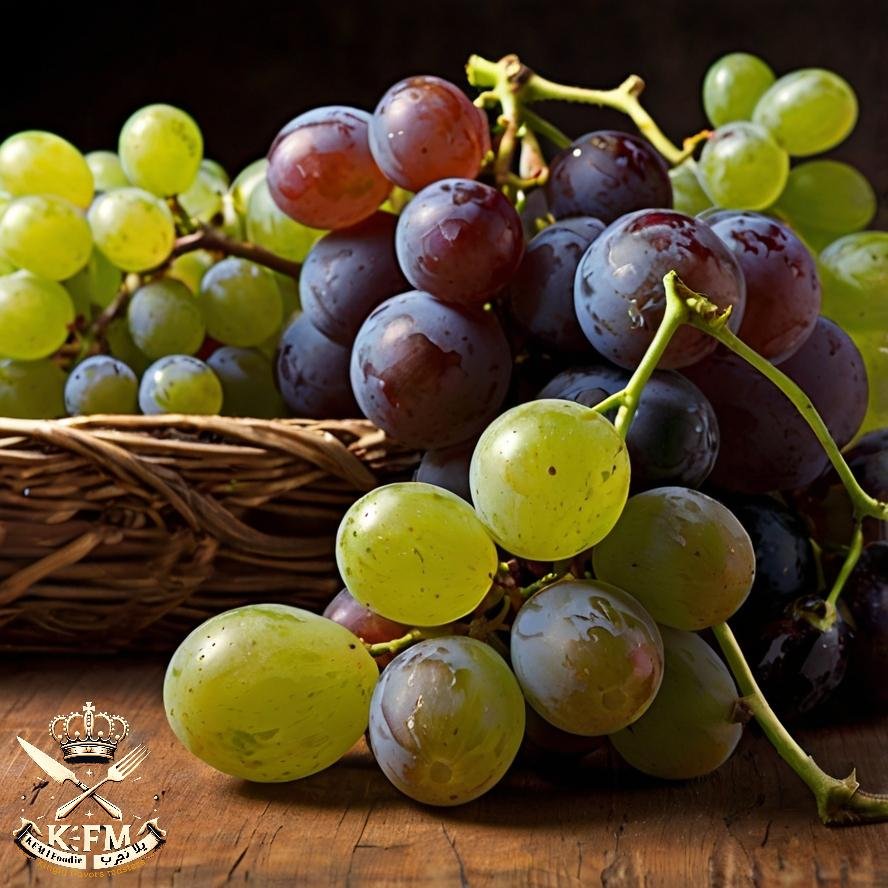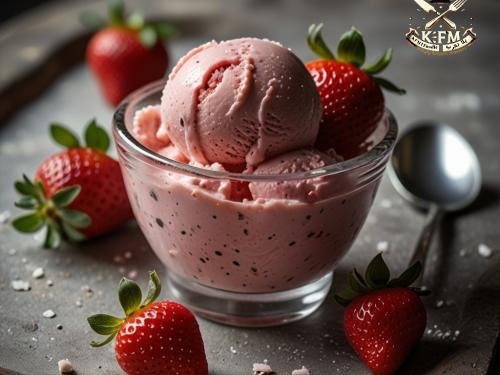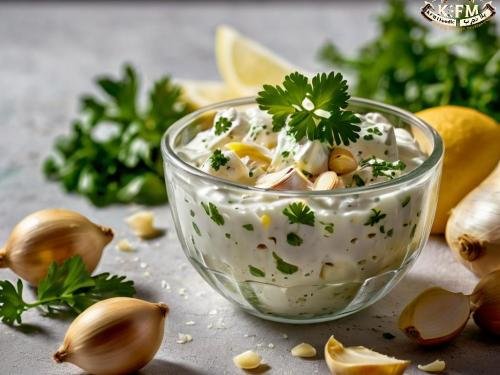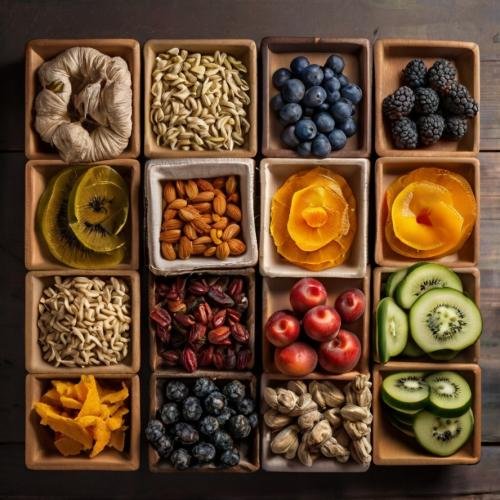

Differences:
- Seeds: Seeded grapes require extra care to remove any open or spoiled seeds before storage.
- Packaging: Different packaging methods may be preferred depending on the type of grapes to better preserve their quality.
Health Benefits of Grapes:
- A Treasure Trove of Nutrients: In addition to essential vitamins and minerals, grapes contain powerful antioxidants like resveratrol and anthocyanins, which play a vital role in protecting cells from damage caused by free radicals.
- Heart Health: Resveratrol in grapes helps reduce the risk of heart disease by lowering blood pressure, improving blood flow, and reducing arterial stiffness.
- Cancer Prevention: Several studies suggest that the antioxidants in grapes may help prevent certain types of cancer, such as colon and breast cancer.
- Digestive Health: The fiber in grapes promotes digestive health and helps regulate bowel movements.
- Skin and Hair Health: The antioxidants in grapes contribute to maintaining radiant skin and delaying signs of aging. They also enhance hair health and strengthen follicles.
Types of Grapes and Their Characteristics:
- Red Grapes: Rich in resveratrol, sweet in taste, and visually appealing.
- Green Grapes: Characterized by a refreshing, slightly acidic taste, and rich in vitamins and minerals.
- Black Grapes: Sweet in flavor, with a dark color, and high in antioxidants.
- Brown Grapes: A sweet and delicious type often used to make raisins.
In summary: The differences primarily lie in the preparation of the grapes before storage and in the methods of packaging and refrigerating them, with a focus on maintaining their freshness and quality for as long as possible.



















